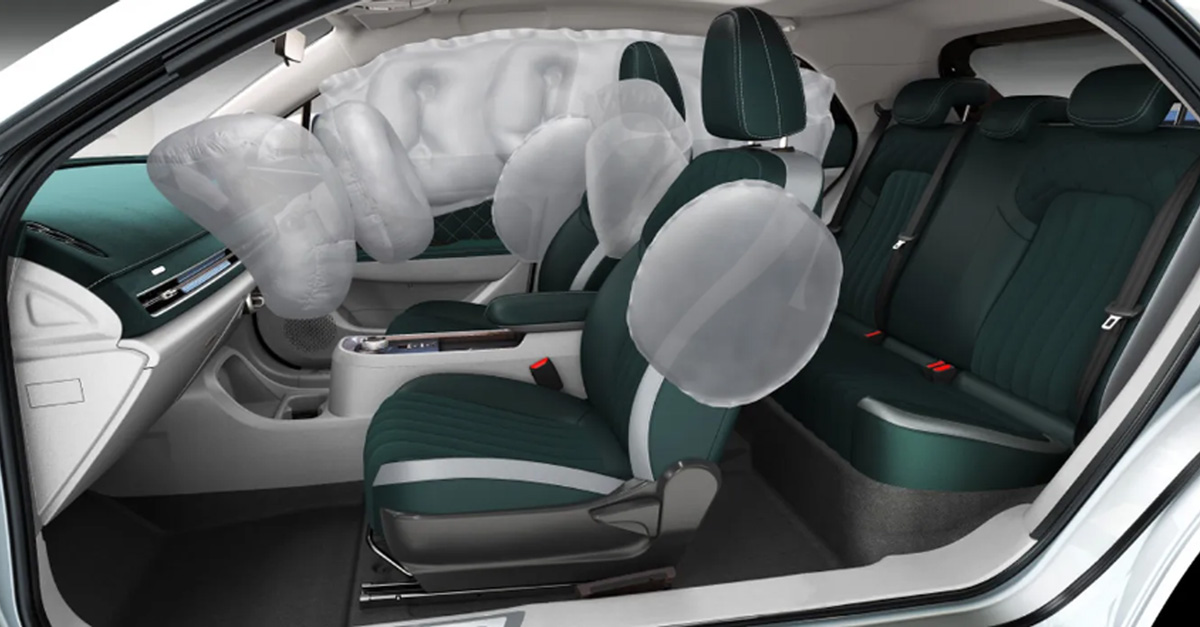How to prevent your car from overheating
An overheated car can be an absolute nightmare. Your vehicle may be unsafe to drive while overheated and could sustain damage that may be difficult and expensive to fix.
Safe to say it’s best avoided!
To help make sure your car’s temperature gauge stays out of the red, we’ve put together six tips to help prevent your car from overheating.
1. Don’t overload your vehicle
One of the most common causes of overheating is overloading your vehicle. To avoid this make sure you never exceed your car’s max towing or payload capacity, and don’t push your vehicle too hard if you’re near its limits.
If you’re driving up steep hills or in stop-start traffic for long periods you may also want to be extra careful and keep your driving as smooth as possible to avoid stressing the engine.
2. Keep an eye on that temperature gauge
Keep an eye on your car’s temperature gauge and engine warning lights while driving, especially if you’re travelling in extreme heat, stop-start traffic or on demanding roads. Most modern coolant systems are designed to safely keep your engine under 100 degrees, but if your engine gets above that or into the ‘red zone’ on your gauge your car may be overheating.
If you suspect that your car is overheating it’s always best to pull over immediately.
3. If your car overheats don’t make it worse
Continuing to drive when your car is hot can cause permanent damage to its engine and is unsafe, so as soon as you notice your car is overheating pull over somewhere safe and turn off your engine.
Make sure your air conditioner is off as this can cause strain on the engine too. If you’re confident with cars you could open the hood very carefully, if it’s safe to do so (it may be hot) and check your coolant levels in the plastic tank which is usually next to the radiator (check your car manual for its exact location).
If this is low you may have a leak and should not drive under any circumstances until your car is fixed.
4. Check your coolant level regularly
It’s a great idea to check your car’s coolant every month or two to ensure that it’s not low. If it is low, top it up to the correct level with premix coolant or distilled water mixed with concentrated coolant then monitor your coolant levels and temperature gauge frequently over the next couple of weeks.
If your coolant gets low again soon after you topped it up you should stop driving your car and get right to a mechanic for a check up, as you may have a coolant leak. If it doesn’t, your car may be OK to drive.
5. Drive smart in traffic jams
One of the most common reasons that cars overheat in NZ is those pesky traffic jams on hot days. These may be afternoon commutes in the hot sun, long queues around holiday locations like the Coromandel or Queenstown or accidents on hot days. To prevent this happening you could:
-
- Turn your car off when you come to a complete stop.
- Avoid running the air conditioner and wind the windows down instead.
- Drive smoothly, keeping a safe following distance between you and the car in front.
- Check coolant levels before long trips.
6. Regularly service your car
While it is possible to spot warning signs before your car overheats, it’s always best to prevent it from happening in the first place with preventative maintenance. The best way to do this is with regular servicing at a mechanic with genuine parts, franchise-approved diagnostic equipment and access to software updates.
A quality car service will pick up on most issues before they happen, upkeep your car’s systems and components and extend its life. For more information on how often you should service your car check out our blog or book a service with Niccars below.

















